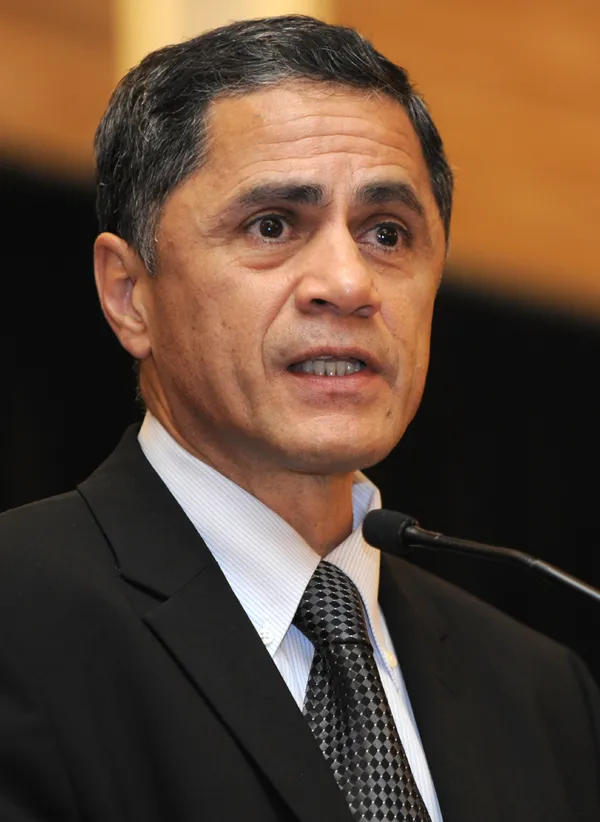Not enough road agencies and highway engineers understand the questions to ask regarding site-specific conditions, design performance criteria and reusability requirements of crash cushions when making purchasing decisions. To address these questions, IRF held a webinar attended by over 170 highway and safety professionals in 18 countries. The webinar reviewed crash cushion applications, described current performance-based standards (NCHRP 350/MASH/EN1317) and presented the recommendations to allow road aut
October 12, 2012
Read time: 2 mins

Not enough road agencies and highway engineers understand the questions to ask regarding site-specific conditions, design performance criteria and reusability requirements of crash cushions when making purchasing decisions. To address these questions, 3918 IRF Washington held a webinar attended by over 170 highway and safety professionals in 18 countries. The webinar reviewed crash cushion applications, described current performance-based standards (NCHRP 350/MASH/EN1317) and presented the recommendations to allow road authorities to make the right decisions regarding the use of crash cushions and terminals.
“Current guidelines are necessary but insufficient to allow road authorities and design engineers to make the appropriate decisions regarding the use of crash cushions and terminals”, noted Mike Dreznes, IRF executive vice-president and host of the webinar. “We need objective criteria to allow authorities to make intelligent decisions”.
With the progressive adoption of AASHTO’s revised Roadside Design Guide both at State-level and overseas, combined with the growing availability of safety products on the market, the webinar constituted a timely effort to bridge essential knowledge gaps.
A recording of the webinar is available on demand. Please contact Magid Elabyad ([email protected]), director of Training & Membership Services, for details.
“Current guidelines are necessary but insufficient to allow road authorities and design engineers to make the appropriate decisions regarding the use of crash cushions and terminals”, noted Mike Dreznes, IRF executive vice-president and host of the webinar. “We need objective criteria to allow authorities to make intelligent decisions”.
With the progressive adoption of AASHTO’s revised Roadside Design Guide both at State-level and overseas, combined with the growing availability of safety products on the market, the webinar constituted a timely effort to bridge essential knowledge gaps.
A recording of the webinar is available on demand. Please contact Magid Elabyad ([email protected]), director of Training & Membership Services, for details.
IRF e-Learning
IRF webinars offer an excellent overview of the international state of the art across a range of highway engineering and asset management practices.
They also provide an introduction to the discussion topics and coursework covered in the traditional seminars. Several IRF webinars are already available on demand: visit www.irfnews.org/ training for more information.






